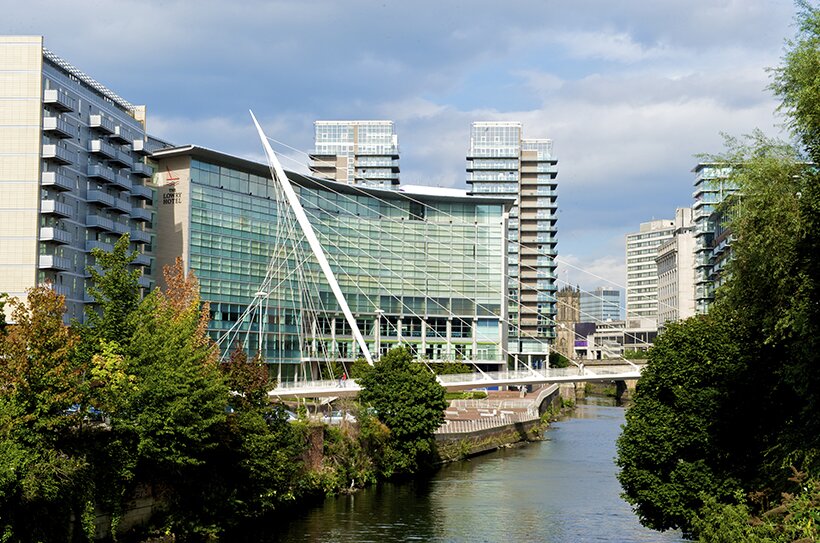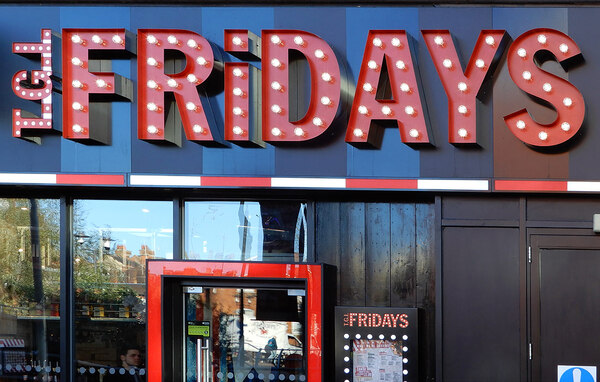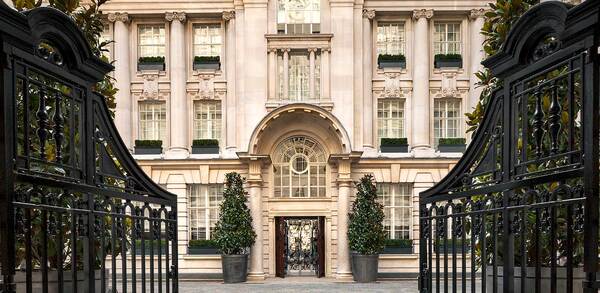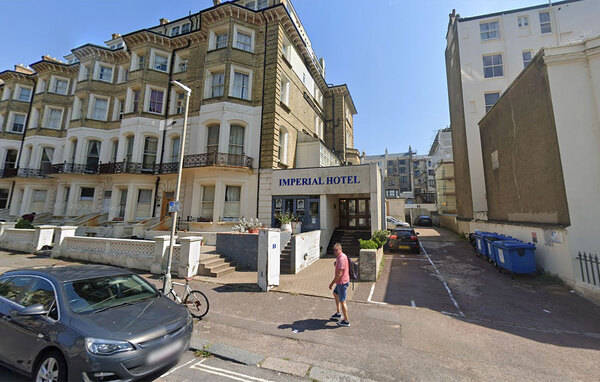Manchester becomes first UK city to introduce tourist tax
Manchester is the first city in the UK to impose a tourist tax for overnight visitors, which will come into force on 1 April.
The £1 fee, named the city visitor charge, will be applied per night to guests staying in city-centre hotels or holiday apartments.
It has been designed to fund the establishment of the Manchester Accommodation Business Improvement District (BID), whose members will consist of hotels and short stay serviced apartments in Manchester’s regional centre with a value of £75,000 or more.
There are currently 73 accommodation establishments within the Manchester BID that will be collecting the tourist levy, with officials predicting the scheme will raise £3m a year.
Stakeholders voted in favour of the Manchester Accommodation BID last December, a project that has been spearheaded by the Manchester Hoteliers’ Association in partnership with Marketing Manchester, CityCo, and Manchester and Salford City Councils.
The move comes at a time when hotel capacity in Manchester is increasing, with 5,850 new bedrooms confirmed across the city-region by 2024.
Cllr Bev Craig, leader of Manchester City Council, said: “We believe that targeted investment through the Manchester Accommodation BID will help support the accommodation sector – which plays such a vital role in supporting jobs in our city and adding to its overall vibrancy – to thrive.”
Kate Nicholls, chief executive of UKHospitality, said: “Hospitality businesses already pay a high level of tax, funding vital public services at national and local levels, and there are a range of existing voluntary schemes to drive investment in people and place, such as Best Bar None and Purple Flag. These should always be explored first before imposing further taxes on a sector where £1 in every £3 goes back to the Exchequer.
“Tourism and accommodation Business Improvement Districts can have a role to fund local marketing and promotional activities, but there must be comprehensive local support and significant engagement with the business community before it is implemented. It’s also essential funds are ring-fenced for spend within the sector and not funding matters covered by general taxation.
“UKHospitality has been consistent that levies that are punitive, deter visitors or are incorrectly targeted are ineffective and should be avoided at all costs.”
Adrian Ellis, general manager of the Lowry Hotel and chair of the Manchester Hoteliers’ Association, added: “A supplementary fee for guests, added to the final accommodation bill, is now an established norm within the travel sector across the world, and the Manchester Accommodation BID will now bring our accommodation sector in line with European and global counterparts and competitors.”
Other cities in the UK have been preparing for a similar scheme. City of Edinburgh Council voted in favour of a controversial £2/night levy in February 2019, while the Welsh government launched a consultation on proposals to give local authorities the power to introduce a visitor tax in September 2022.





















